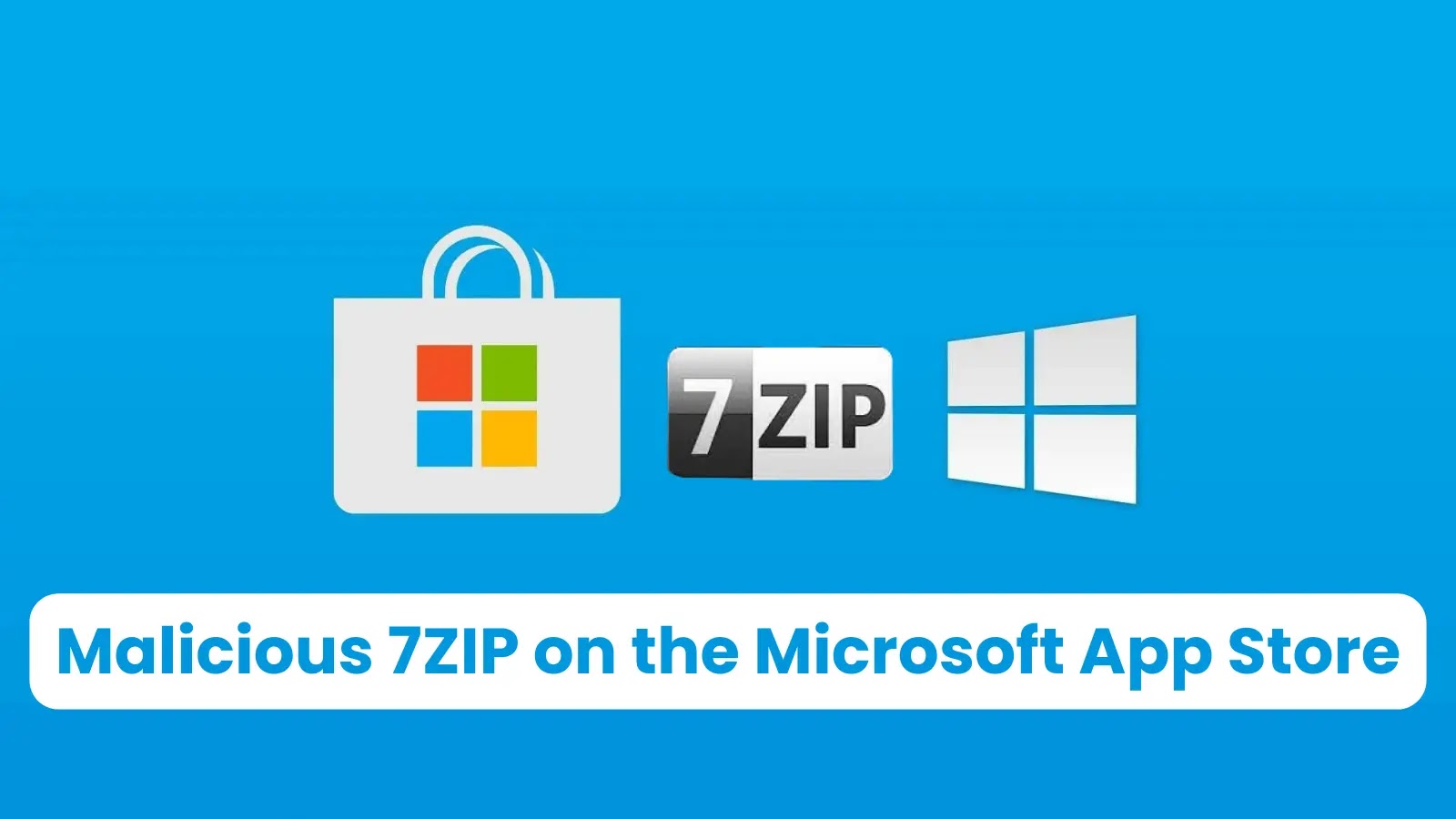Originally posted by avis
View Post
https://www.cnet.com/tech/tech-industry/microsoft-accidentally-distributes-virus/
And before you complain about the later links, the Apple and Microsoft app stores are exactly their 1:1 equivalent of the app repository in Linux.


/cdn.vox-cdn.com/uploads/chorus_asset/file/11477051/acastro_180604_1777_apple_wwdc_0003.jpg)



Comment